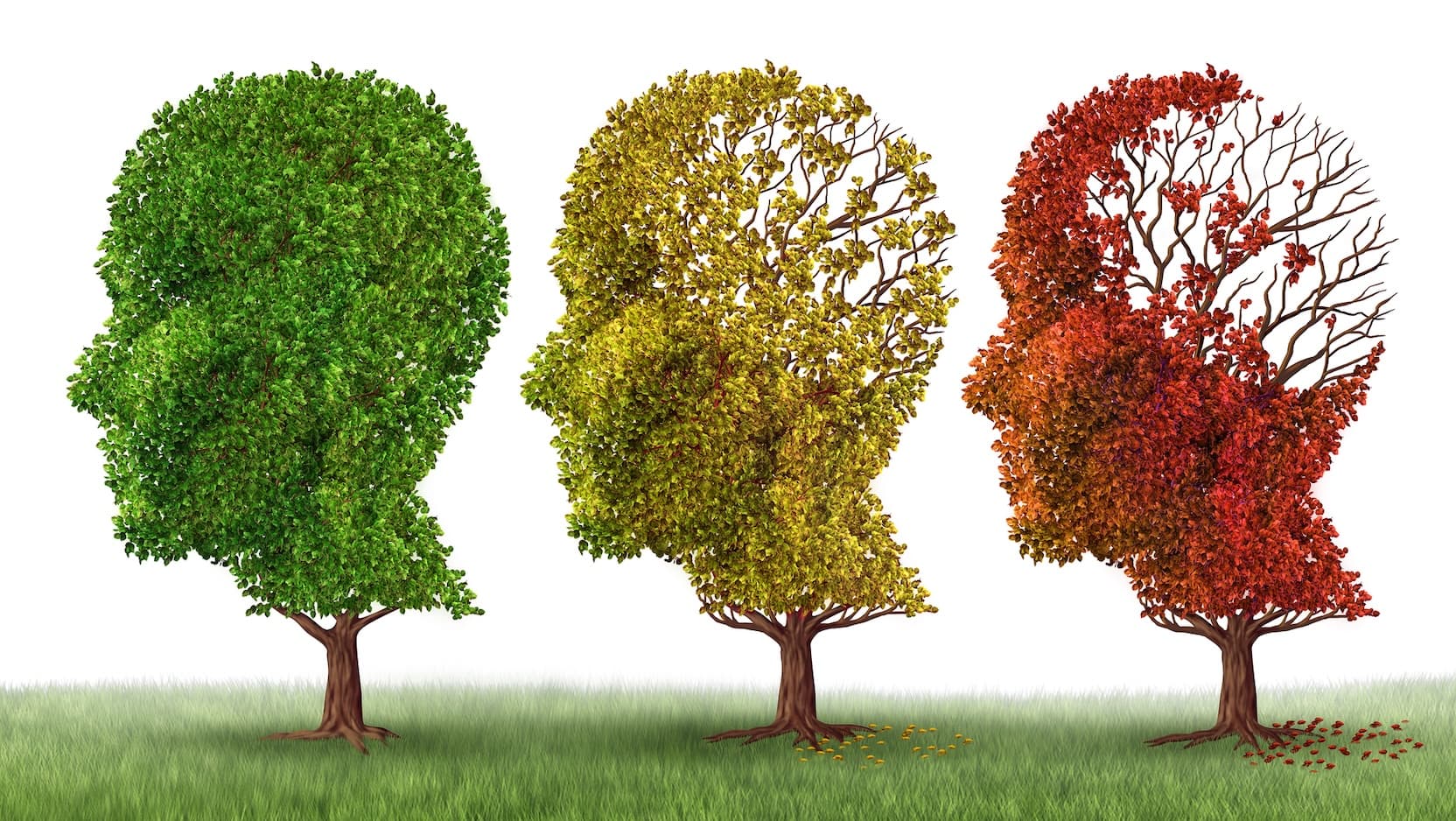Explore how UChicago Medicine is advancing the boundaries of science, medicine, health and wellness
In the News

How to prevent (and recover from) norovirus, the stomach bug that’s surging
Most commonly known as stomach flu, norovirus is a highly contagious virus that generally spreads hand to mouth 12 to 36 hours after exposure. Learn how norovirus is contracted — and how to stay safe.

Memory loss: What's normal and what's not
When is memory loss a serious problem? Here's how to distinguish between some common age-related issues and more advanced signs of cognitive decline.

What women need to know about sports injuries
Female athletes and active women have unique injury risks. UChicago Medicine sports medicine experts Farah Hussain, MD, and Caroline Vonck, MD, share tips to prevent common injuries and offer advice on conditioning, nutrition and recovery to help you stay in the game.

No sweat: Teen’s outpatient surgery for hyperhidrosis brings instant relief
Hyperhidrosis patients can find relief from excessive sweating through a minimally invasive surgery at University of Chicago Medicine, transforming their quality of life.



